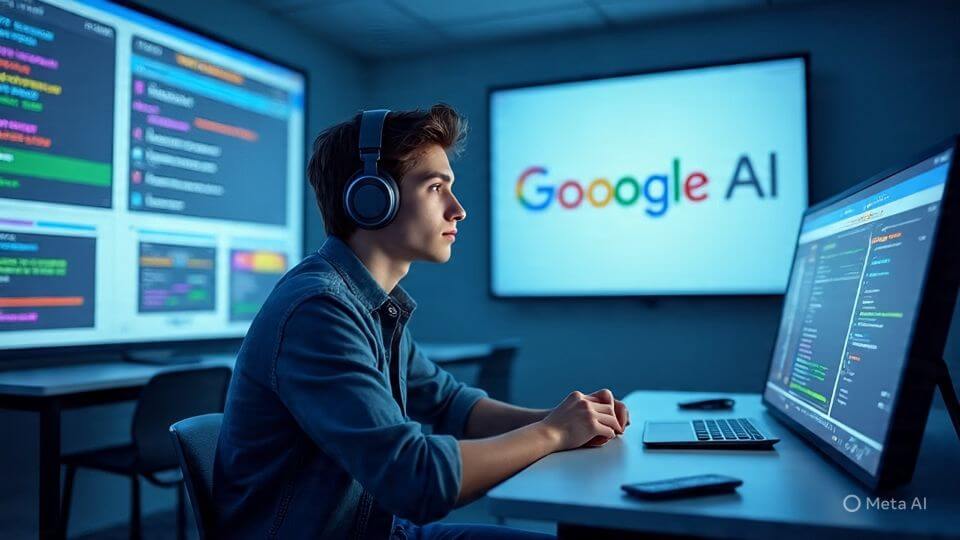When Google moves, the world listens. And this time, Google isn’t just tweaking search or upgrading Gmail. It’s stepping straight into one of the hottest spaces on the internet: AI-powered language learning. If Duolingo has been your green owl companion, get ready—Google wants in on the conversation.
What’s the Buzz?
According to a report from MSN News, Google is quietly testing an AI tutor designed for language learning. Think of it as ChatGPT-meets-Duolingo: a conversational system where you can practice speaking, ask questions, and get real-time guidance—without judgment, without waiting for class, and without endless ads.
Unlike traditional apps that drill you with flashcards and points, Google’s approach leans on contextual learning. Imagine asking:
- “How do I order food at a Filipino carinderia in Spanish?”
- “What’s the polite way to ask for directions in Tokyo?”
Instead of canned answers, the AI replies naturally, explains cultural nuances, and even roleplays situations with you.
Why This Could Change the Game
Language apps like Duolingo, Babbel, and Rosetta Stone have millions of users. But many learners plateau—stuck recognizing words but unable to think and respond in real time. This is where AI shines.
- Personalized feedback: The AI adapts to your mistakes, unlike fixed lessons.
- Endless patience: You can practice 2 a.m. or 2 p.m., and the tutor won’t judge.
- Real conversations: Instead of filling blanks, you actually “talk.”
For Filipinos, this is huge. Overseas work, tourism jobs, and even gaming communities all demand language skills. With AI tutors, learning English, Korean, Japanese, or Spanish could feel less like a chore and more like chatting with a friend.
The Big Question: Trusting Google
But let’s not ignore the elephant in the room. Google already holds much of our digital lives—search, YouTube, Gmail, Android. Do we also want it tracking how we speak and learn?
Data privacy and commercial use of learning habits are valid concerns. If Google uses your practice conversations to train future models, who benefits? You, or Google?
That said, the competition could be healthy. Duolingo pushed millions to learn for free. Now, with Google entering, innovation in AI-driven education could accelerate.
Too Cryptic? Explain Like I’m 12
Imagine Duolingo’s owl is your coach. Fun, but sometimes annoying. Now imagine a robot friend that talks with you anytime, helps you practice, and corrects your mistakes nicely. That’s what Google is building.
It’s like having a friendly teacher in your pocket—always ready, never tired.
The Bigger Picture
This isn’t just about learning Spanish verbs. It’s about AI stepping deeper into education. If Google succeeds here, what’s next? Math tutors? Science explainers? AI mentors for career training?
We might be heading to a future where “education on demand” isn’t just YouTube tutorials—it’s interactive AI guides for any subject, any level, any time.
For now, Duolingo might still be safe. People love their streaks, gems, and owls. But once Google flips the switch globally, expect the language learning game to shift—forever.
Final Thought: Language is Power
Language opens doors: jobs, travel, friendships, even freedom. If AI can help more people break language barriers, it’s not just a product—it’s empowerment.
The question is not whether AI will rival Duolingo. It’s whether we’re ready to let AI become our teacher.







